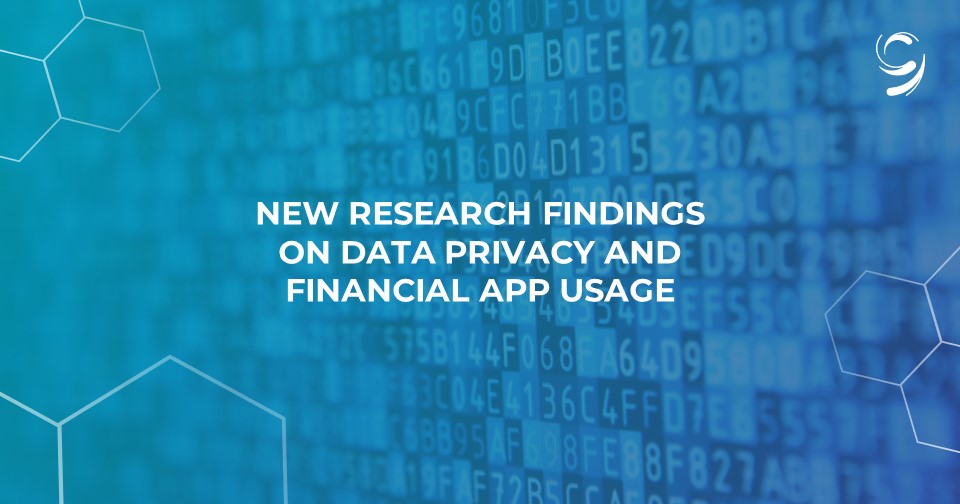The Clearing House just released their 2021 Consumer Survey: Data Privacy and Financial App Usage and the results are staggering but not surprising.
“Data breaches were up 38% in the second quarter of 2021 and are expected to reach an all-time high by the end of the year.”
2020 saw an accelerated increase in app usage and adoption of digital tools. Yet most apps have security shortcomings – they don’t allow user permissioned controls and aren’t transparent enough for consumers to realize or understand how their data is being used. With the ever increasing concern of data privacy, and the exponential growth of open finance demands for connectivity and compatibility, control over how and who has access to your data is more important than ever.
We at Ninth Wave know how third parties access and use data.
It’s why we built our platform.
But according to the report, the majority of consumers don’t know how open finance works (or even what it is). To most of us, the convenience of being able to send money to a friend or check account balances in one place is a utility feature we’ve become accustomed to. So if you don’t know how it works behind the scenes, this research confirms you’re not alone.
Fintech apps are convenient, but what’s the tradeoff?
- 73% of app users are unaware that fintech apps have access to their bank account username and password
- 80% of fintech app users are largely unaware that apps use third-party providers to gather users’ financial data
- 78% didn’t know aggregators regularly access personal data even when the app is closed or deleted
- Only 24% know that these data aggregators can sell personal data to other parties for marketing, research, and other purposes.
Though app users give their credentials as part of the sign-up process, most don’t realize that information is being stored by a third party, such as an aggregator. Even if one does read the app’s terms and conditions (though 77% admit to not reading the Ts&Cs), what’s the alternative?
It is unrealistic to expect consumers to opt out of digital finance tools as the only way to protect their data. However, it is possible for fintechs, aggregators, and financial institutions to re-evaluate their security, privacy, and connectivity features. Upgrading protocols, eliminating screen-scraping and credential storage, and implementing user permissioned based controls are some ways the industry can deliver more transparency, privacy, and security.
As usage numbers go up, we all hope the consumer awareness and confidence numbers go up as well, but that is largely dependent on how the fintechs, aggregators, and financial institutions build their connectivity integrations. The future of open finance and digital technology is dependent on getting it right.
To read the full report, click here.
About Ninth Wave
Ninth Wave delivers secure, seamless, and standardized data connectivity to fintechs and financial institutions of all sizes, through a single point of direct integration to a universal suite of open finance APIs. With configurable controls, visibility, and insights into all data sharing and data acquisition connections between aggregators, third-party apps, and internal applications, Ninth Wave empowers financial institutions and their customers with access and oversight to their connected apps, enabling secure data exchange in a holistic and scalable open finance ecosystem. Offering solutions for retail and commercial banks, wealth managers, credit card issuers, tax providers, and more, Ninth Wave provides unparalleled connectivity and universal compatibility to complex information systems, unlocking innovation, potential, and performance for your data. Contact us to learn more about Ninth Wave’s secure data connectivity features. Empowering open finance. At scale, at last.






